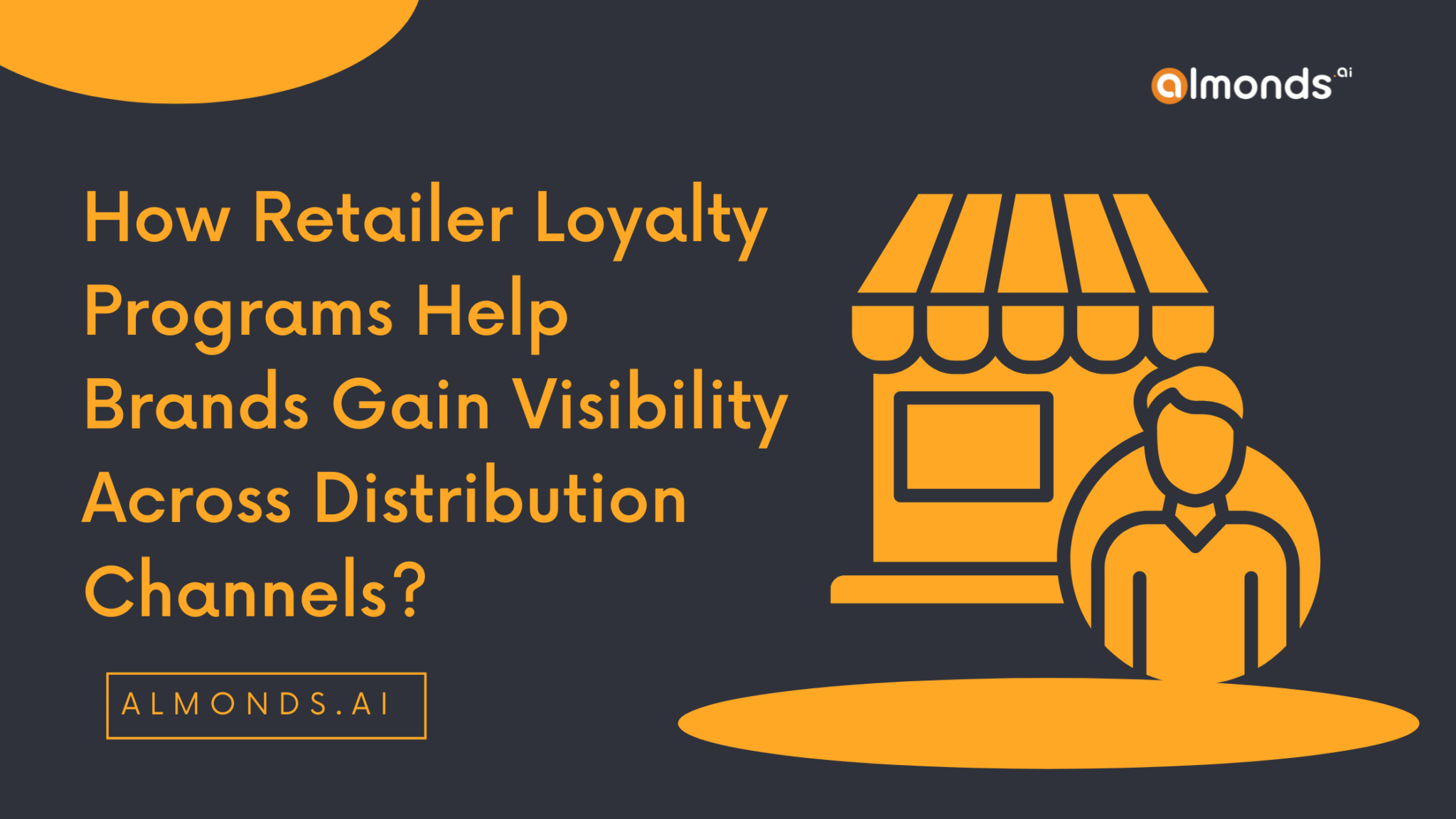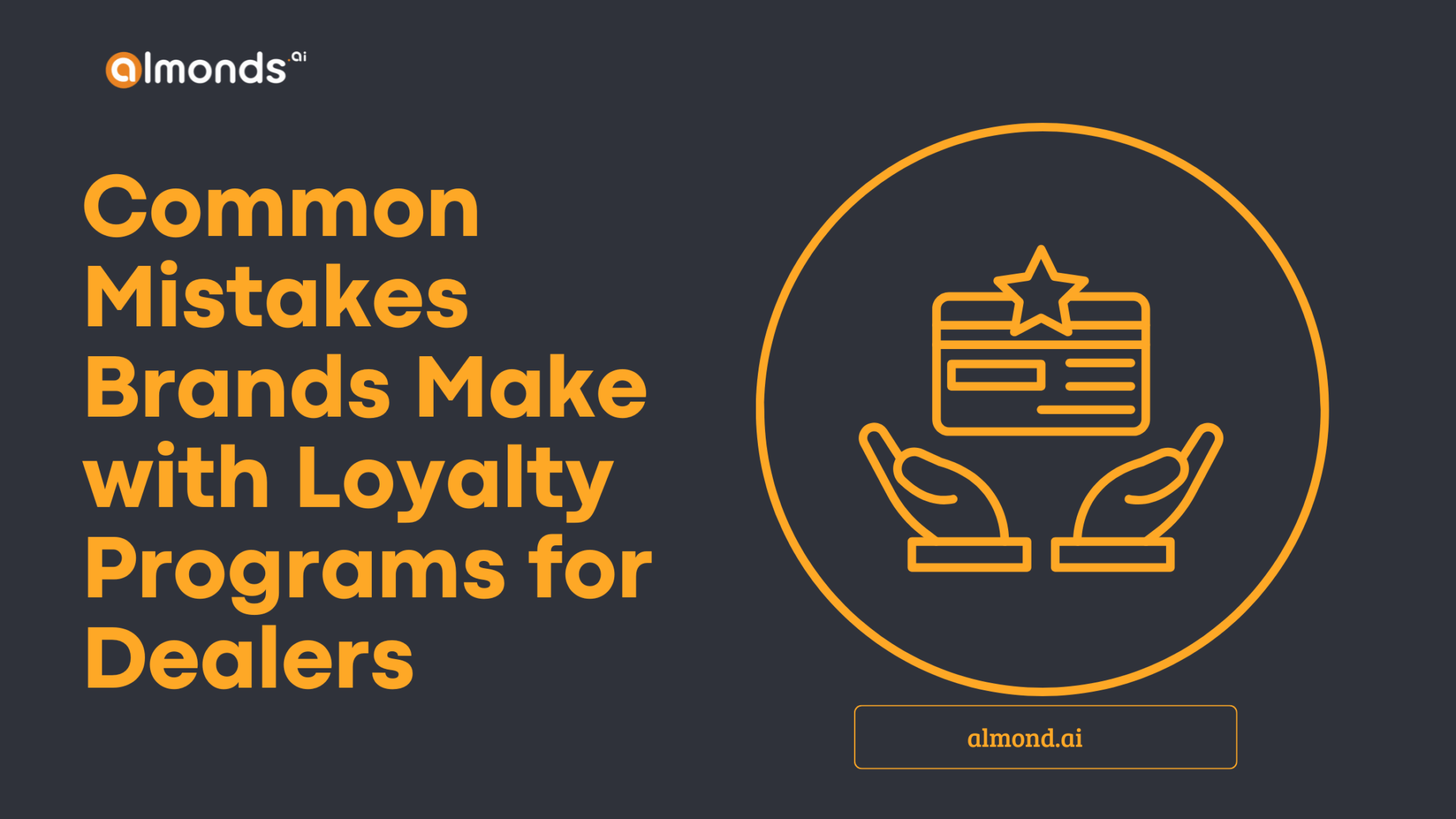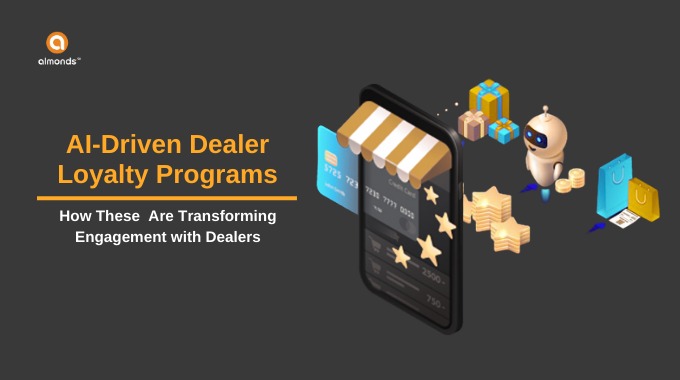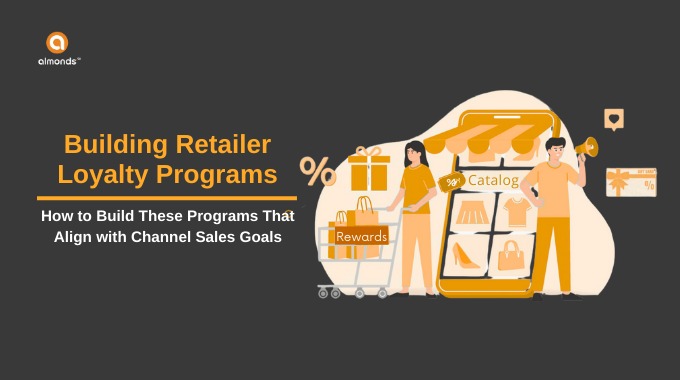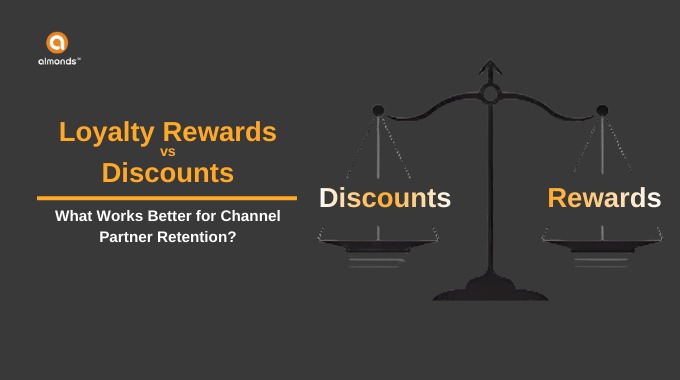In an era where customer retention is as critical as acquisition, loyalty programs have emerged as a strategic asset for businesses across industries. Designed to reward repeat customers and foster brand loyalty, these programs serve as a vital tool to boost engagement, enhance customer satisfaction, and ultimately drive revenue.
However, balancing the generosity of rewards with financial sustainability remains a key challenge for brands. While attractive rewards can increase customer engagement, over-extending benefits can strain profitability. Striking the right balance ensures that loyalty programs remain valuable to both businesses and customers.
In this guide, we delve into the intricacies of loyalty programs, explore data-driven strategies for optimization, and offer actionable insights to create loyalty programs that are both engaging and financially sustainable.
Understanding Loyalty Programs
What Are Loyalty Programs?
A loyalty program is a structured marketing strategy designed to encourage repeat business by rewarding customers for their ongoing engagement with a brand. These programs come in various forms, from points-based systems and cashback offers to tiered rewards and exclusive member benefits.
The core purpose?
- To increase customer retention
- Encourage repeat purchases
- Build strong emotional connections with the brand
Benefits for Businesses and Customers
For Businesses:
- Boosts Customer Lifetime Value (CLV)
- Improves Brand Advocacy and Word-of-Mouth Marketing
- Offers Rich Customer Insights Through Data Analytics
- Increases Revenue Through Repeat Purchases
For Customers:
- Earn Rewards for Loyalty
- Access to Exclusive Discounts and Perks
- Personalized Shopping Experiences
- Sense of Recognition and Value
In India, with the surge in digital payments and e-commerce platforms, loyalty programs are becoming increasingly sophisticated, often integrated into B2B loyalty platforms and channel partner engagement strategies.
The Importance of Data Over Anecdotes
Why Data-Driven Loyalty Programs Win
While anecdotal success stories can be inspiring, data is the true driver behind effective loyalty programs. By analyzing customer behavior, preferences, and spending patterns, businesses can tailor rewards that are both enticing and financially viable.
Benefits of Data-Driven Loyalty Programs:
- Personalization: Targeted offers based on customer preferences
- Efficiency: Optimize reward structures to balance costs and benefits
- Retention Insights: Identify what keeps customers coming back
- Fraud Prevention: Spot anomalies and potential misuse
The Pitfalls of Relying on Anecdotes
- Biases in Decision-Making: Anecdotes often reflect outliers, not the majority
- Inaccurate ROI Estimations: Without hard data, measuring program success is challenging
- Missed Opportunities: Businesses may overlook key customer segments
Example:
An Indian retail brand used AI-driven analytics to discover that 75% of loyalty members preferred cashback rewards over physical gifts. By adjusting their program accordingly, they increased redemption rates by 40% and reduced operational costs.
Dynamic Redemption Models
What Are Dynamic Redemption Models?
Dynamic redemption models allow customers to choose from flexible reward options based on their preferences, purchase history, and engagement levels. Instead of offering a one-size-fits-all solution, brands provide a variety of redemption options—points, cashback, experiences, or charitable donations.
Benefits of Flexible Redemption:
- Higher Engagement: Customers value choice and autonomy
- Improved Retention: Offering meaningful rewards keeps customers loyal
- Cost Control: Brands can adjust reward values based on demand and market trends
Successful Examples of Dynamic Redemption:
- Paytm’s Loyalty Program: Offers users the flexibility to redeem cashback, movie tickets, or shopping vouchers.
- HDFC Bank’s SmartBuy Platform: Allows users to convert reward points into air miles, gift cards, or shopping credits.
- Flipkart Plus: Combines free shipping, early sales access, and flexible reward options, increasing user engagement.
For brands leveraging B2B loyalty platforms in India, dynamic redemption models can be extended to channel partner loyalty programs, providing varied incentives that appeal to diverse partners.
The Role of Blogs in Loyalty Programs
How Blogs Shape the Loyalty Landscape
Blogs play an essential role in tracking, analyzing, and critiquing loyalty programs. From industry news to program reviews and strategy breakdowns, blogs provide valuable insights that help both businesses and consumers navigate the loyalty ecosystem.
Key Contributions of Loyalty Blogs:
- Transparency: Publicize changes in loyalty programs, helping customers stay informed
- Consumer Advocacy: Highlight poor practices and push for better value
- Educational Resource: Explain complex program structures, guiding users toward maximizing benefits
- Feedback Loops: Blogs often gather user feedback, which businesses can use to refine their programs
Why Brands Should Monitor Loyalty Blogs:
- Reputation Management: Negative reviews on influential blogs can impact brand perception
- Benchmarking Performance: Understand how competitors structure their loyalty programs
- Crowdsourced Feedback: Gain insights into customer expectations and preferences
Example:
When a leading Indian airline devalued its frequent flyer program, popular travel blogs highlighted the changes, leading to customer backlash and eventual program adjustments.
Challenges Faced by Loyalty Programs
Creating a loyalty program that balances customer satisfaction with financial stability is no easy feat. Brands often face several hurdles when managing loyalty initiatives.
Common Challenges:
- Reward Inflation: Over-generous programs can deplete profits.
- Customer Fatigue: Overcomplicated rules discourage participation.
- Low Engagement: If rewards aren’t enticing or accessible, users won’t engage.
- Regulatory Compliance: Especially in India, businesses must navigate complex tax regulations (e.g., Section 194R for reward taxation).
- Fraud Risks: Loyalty programs can be targeted for exploitation without robust monitoring.
Strategies to Overcome Challenges in Loyalty Programs
To create a successful loyalty program that balances customer engagement with financial stability, businesses must adopt well-thought-out strategies. The following are detailed approaches to overcome common challenges faced by loyalty programs, especially in the evolving Indian market:
1. Implement AI-Powered Analytics
AI-driven analytics revolutionize how loyalty programs function by offering real-time insights into customer behavior, preferences, and spending patterns. This data empowers businesses to create highly personalized and optimized reward structures.
Benefits of AI in Loyalty Programs:
- Personalized Rewards: AI can segment customers based on purchasing history and preferences, ensuring each customer receives tailored offers. This boosts engagement and increases the likelihood of repeat purchases.
- Predictive Analytics: AI predicts customer churn, identifies high-value customers and recommends reward strategies that maximize retention.
- Cost Optimization: AI algorithms help detect overspending on rewards and suggest efficient ways to maintain profitability without compromising on customer satisfaction.
Example:
Retail giants in India, like Reliance Retail, use AI-driven loyalty programs that analyze customer spending patterns and offer personalized discounts, leading to a 25% increase in repeat purchases.
2. Adopt Tiered Loyalty Structures
Tiered loyalty programs create a sense of progression and exclusivity by categorizing members into different levels based on their engagement and spending.
Advantages of Tiered Structures:
- Increased Engagement: Customers strive to reach higher tiers for better perks and exclusive rewards, leading to more frequent purchases.
- Customer Segmentation: Businesses can offer customized rewards for each tier, balancing high-value perks for top-tier members with cost-effective rewards for occasional shoppers.
- Retention and Motivation: Higher tiers create a sense of exclusivity, encouraging long-term loyalty.
Implementation Example:
Titan’s Encircle Program in India uses a tiered structure where customers unlock premium benefits like exclusive sales previews, birthday offers, and early access to product launches as they progress through the program.
Best Practices:
- Ensure the initial tier offers meaningful value to encourage participation.
- Make tier progression transparent so customers can easily understand how to level up.
- Periodically review and adjust tier thresholds to maintain engagement.
3. Leverage B2B Loyalty Platforms in India
For businesses that rely on distributors, resellers, or other channel partners, B2B loyalty platforms can significantly enhance engagement and streamline operations. These platforms cater to the unique needs of B2B ecosystems, focusing on relationship building, sales growth, and partner retention.
Benefits of B2B Loyalty Platforms:
- Simplified Reward Distribution: B2B platforms offer centralized management for points, incentives, and partner rewards.
- Real-Time Tracking: Partners can track sales performance, redemption options, and reward balances through user-friendly dashboards.
- Channel Partner Engagement: B2B loyalty programs promote healthy competition among partners using gamification elements like leaderboards and milestone challenges.
An FMCG company implemented a B2B loyalty platform that rewarded distributors for reaching sales milestones and attending training sessions. This led to a 35% increase in channel partner engagement within a year.
4. Ensure Tax Compliance and Transparency in Reward Structures
Navigating India’s tax regulations, especially the complexities surrounding Section 194R (tax deduction on benefits and perquisites), is crucial for businesses offering loyalty programs.
Challenges in Tax Compliance:
- Misunderstanding tax obligations on rewards and incentives.
- Unintentional non-compliance leading to penalties and loss of partner trust.
- Complexity in managing TDS deductions and issuing certificates.
Solutions for Ensuring Compliance:
- Automated Tax Deduction Systems: Implement platforms that automatically calculate and deduct applicable TDS on rewards.
- Transparent Communication: Educate partners and customers on tax implications related to loyalty benefits, ensuring there are no surprises during redemption.
- Regulatory Updates: Regularly update loyalty program rules in line with government regulations to maintain compliance.
Example: An electronics company faced challenges with Section 194R compliance in its loyalty program. After adopting an AI-driven tax management tool, it reduced manual errors and improved transparency, boosting partner trust and program participation by 22%.
5. Invest in Gamification to Boost Engagement
Gamification incorporates gaming elements into loyalty programs to make the user experience more engaging and enjoyable. Techniques such as leaderboards, challenges, and milestone achievements tap into customers’ intrinsic motivation and competitive spirit.
Key Gamification Elements:
- Leaderboards: Recognize top-performing customers or partners and encourage healthy competition.
- Challenges and Quests: Design missions (e.g., complete five purchases to unlock a bonus reward) to encourage recurring engagement.
- Badges and Achievements: Award digital badges for milestones like first purchase, frequent shopping, or high-value purchases.
Benefits of Gamification:
- Increased Participation: Fun and interactive loyalty programs result in higher engagement levels.
- Boosted Sales: Challenges and limited-time quests can drive urgency, leading to more purchases.
- Enhanced Customer Experience: Gamified programs make the brand experience more enjoyable, leading to stronger emotional connections.
Real-World Example:
Payback India integrated gamified quizzes and bonus challenges into its loyalty program, leading to a 40% increase in customer engagement.
Best Practices:
- Keep gamification simple yet rewarding.
- Regularly introduce new challenges to sustain user interest.
- Tie rewards to valuable actions, like referrals or repeat purchases.
Balancing Engagement and Financial Sustainability
Loyalty programs remain a powerful tool for customer retention, brand advocacy, and long-term growth. However, the key to success lies in striking a balance between offering attractive rewards and maintaining financial stability.
Data-driven strategies, dynamic redemption models, and continuous program optimization can help brands fine-tune their loyalty initiatives for maximum impact. Meanwhile, leveraging platforms designed for B2B loyalty customer engagement ensures that both consumers and channel partners remain invested.
As customer expectations evolve, brands must stay agile, adopting innovative solutions and maintaining transparency to build lasting relationships.
Ready to elevate your loyalty program?
💡 Explore cutting-edge solutions with Almonds Ai and transform your loyalty strategy into a growth engine. 🚀

